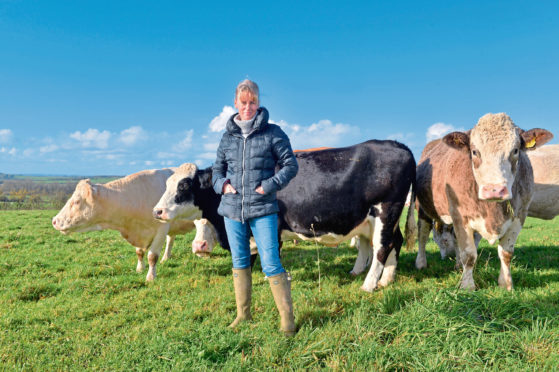British farmers and growers should remain the “number one supplier of choice” to UK consumers after Brexit, farming leaders have urged.
The National Farmers’ Union (NFU) wants to see the planned new farming policy after the UK leaves the EU allow consumers to enjoy more sustainable, quality and affordable British food, whatever their income.
The NFU has outlined its vision for the future when the UK leaves the Common Agricultural Policy, upon which the UK Government is consulting.
Amid calls for taxpayers’ money only to be spent on public goods such as protecting landscapes and wildlife and preventing flooding, rather than the current system of payments for owning land, the NFU has said food production should be recognised as being in the national interest.
The UK public benefits from a sufficient degree of self-sufficiency, safe and traceable domestic food supplies, agricultural jobs and investment and high standards of welfare and environmental protection, the NFU argues.
It has called for new policies which are fair to all farm businesses, provide a level playing field across the UK and with major competitors, and gives time and certainty for farmers to plan, adapt and invest.
And it must ensure public investment remains effective in promoting productivity, helping farmers manage volatile market conditions and fairly rewards environmental action, the NFU urged.
NFU president Minette Batters said: “We are now on the cusp of a pivotal moment, as we leave the CAP, and once again take sovereign control of our agricultural affairs.
“I want British farmers and growers to remain the number one supplier of choice to the UK market, and I want British people to be able to enjoy more sustainable, quality, affordable British food at a range of different prices that suit all incomes.
“A future farm policy could uplift British farming’s ability to produce food for the nation, giving us greater security in the supply of safe, traceable and quality British food that the public trust.
“The policy could further enhance our reputation for high-welfare British food, which delivers for the environment, across the world.”
Ms Batters said British farming played a “unique and irreplaceable role” in caring for the countryside and supporting rural areas.
“We’re making the case for a policy that respects the vital work of farmers as food producers, but also in delivering goods for wider society, and for this to be rewarded fairly,” she said.
